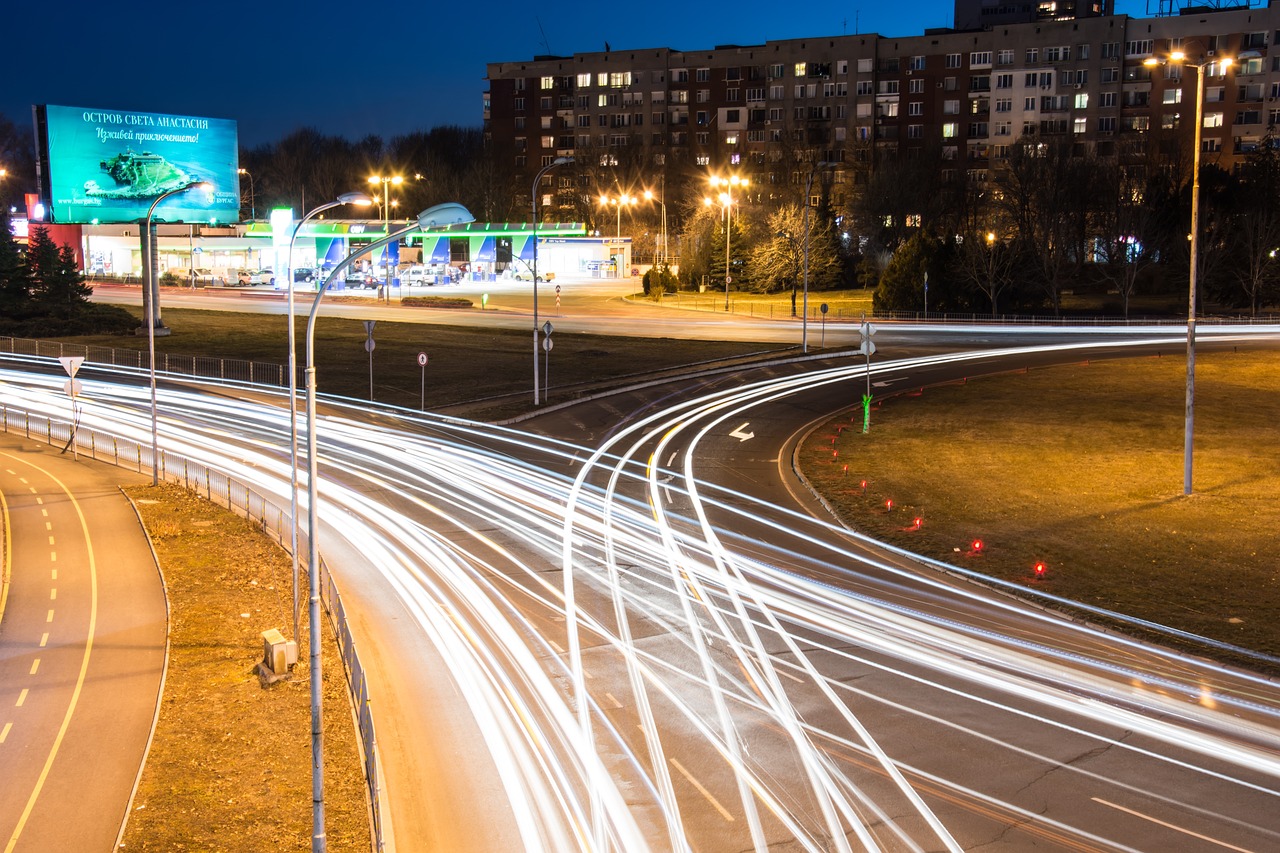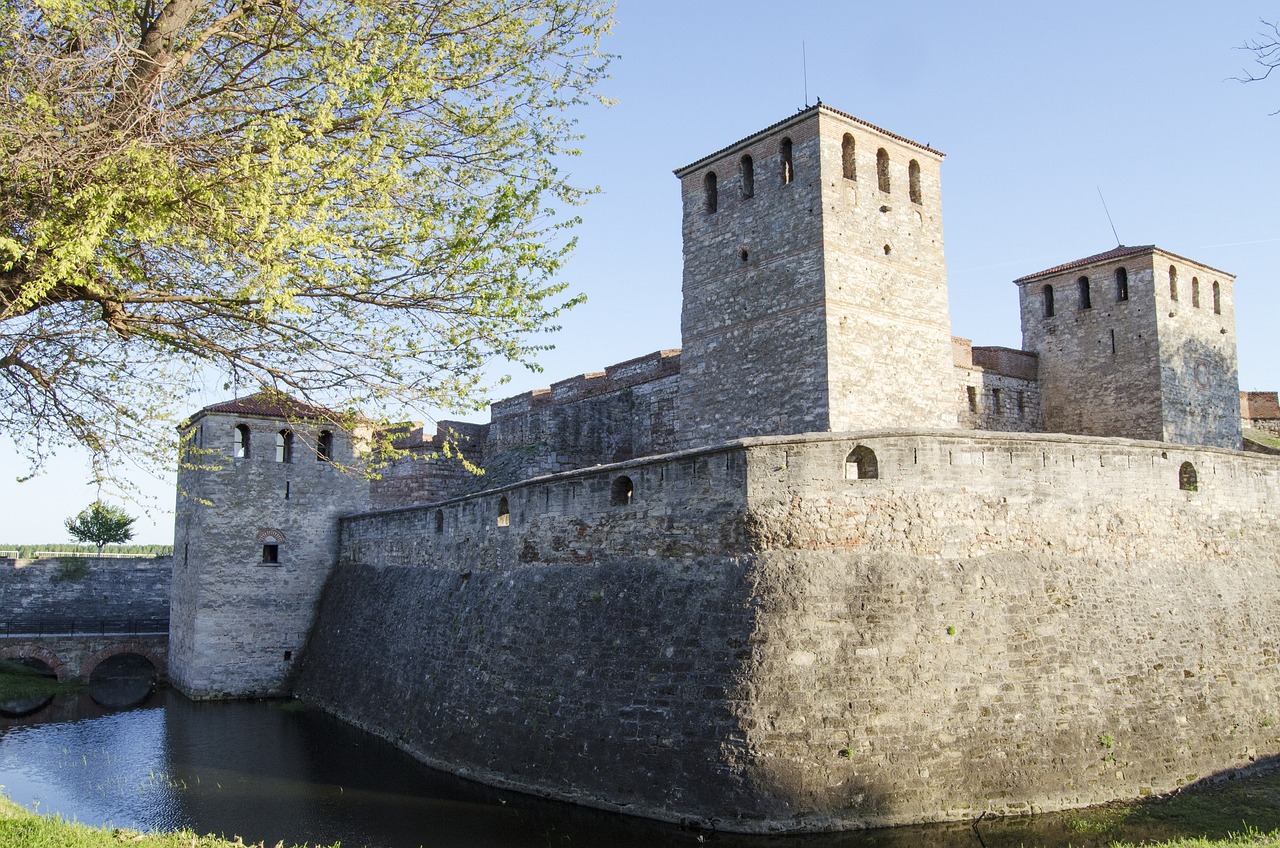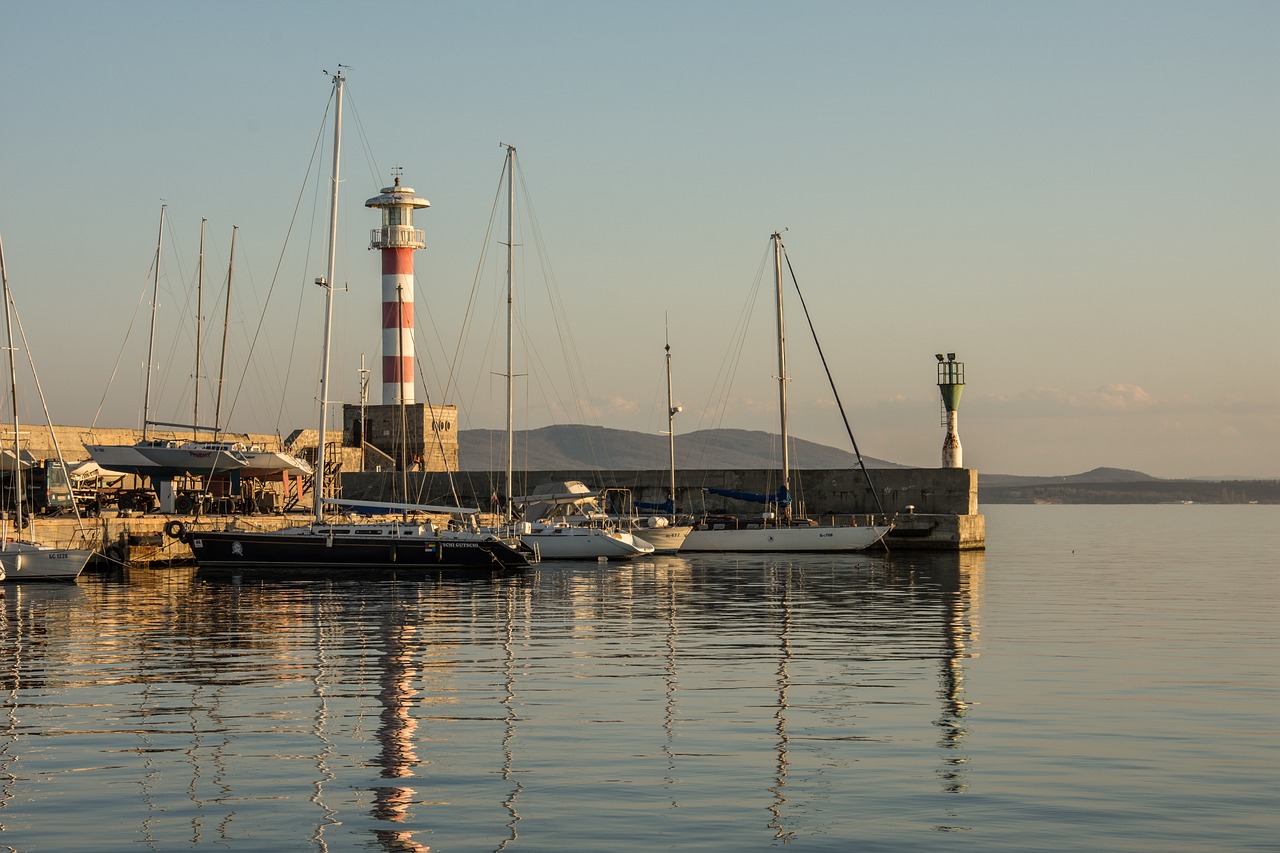Bulgaria Video
Safety Tips for Remote Workers in Bulgaria
Working remotely has become increasingly common, offering individuals the flexibility to work from anywhere in the world. Bulgaria, with its rich history, stunning landscapes, and affordable cost of living, has become a popular destination for remote workers. However, it is essential to prioritize safety while working remotely in Bulgaria. This article provides valuable safety tips to ensure a secure and enjoyable remote working experience.
Section 1: Research Your Destination
Before traveling to Bulgaria as a remote worker, it is crucial to conduct thorough research about the destination. Familiarize yourself with the local culture, customs, and laws. Understand the healthcare system and emergency services available in Bulgaria. This knowledge will help you make informed decisions and ensure your safety throughout your stay.
- Learn Basic Bulgarian Phrases: Knowing a few basic Bulgarian phrases can go a long way in creating positive interactions and enhancing your safety. Learn common greetings, thank you, excuse me, and other essential phrases to communicate effectively with locals.
- Understand Local Laws and Customs: Familiarize yourself with Bulgarian laws and customs to avoid any unintentional violations. Be aware of local regulations regarding public behavior, alcohol consumption, and drug use.
- Research Local Healthcare Facilities: Identify nearby hospitals, clinics, and pharmacies in your remote working location. Keep a list of emergency contact numbers and ensure you have appropriate health insurance coverage.
Section 2: Secure Your Accommodation
Choosing a safe and secure accommodation is crucial for remote workers in Bulgaria. Consider the following factors to ensure your place of stay provides a safe environment.
- Location: Opt for accommodations in safe neighborhoods with good lighting and easy access to public transportation. Research the area’s crime rate and choose accordingly.
- Secure Entry Points: Ensure that your accommodation has secure entry points, such as sturdy locks on doors and windows. Consider additional security measures like a door chain or a peephole.
- Secure Internet Connection: Verify that your accommodation offers a secure internet connection. If using public Wi-Fi, employ a virtual private network (VPN) to protect your sensitive data.
Section 3: Transportation Safety
Navigating transportation in Bulgaria requires attention to certain safety measures. Whether you choose public transportation or opt for renting a vehicle, prioritize your safety on the road.
- Driving Safety: If you plan to drive in Bulgaria, familiarize yourself with local traffic laws and regulations. Always wear seatbelts, follow speed limits, and avoid using your mobile phone while driving.
- Public Transportation: When using public transportation, keep an eye on your belongings and be cautious of pickpockets. Avoid traveling alone during late hours and be aware of your surroundings.
- Taxi Safety: If using taxis, choose licensed and reputable taxi services. Avoid hailing taxis from the street and opt for calling a trusted taxi company or using ride-hailing apps like Uber or Bolt.
Bulgaria Image 1:

Section 4: Personal Safety
Maintaining personal safety is essential for remote workers in any location. Implement the following measures to protect yourself while working remotely in Bulgaria.
- Situational Awareness: Be aware of your surroundings and trust your instincts. Avoid walking alone in poorly lit areas at night and be cautious in crowded places.
- Keep Valuables Secure: Keep your valuable belongings, such as laptops and smartphones, secure at all times. Consider using a lockable bag or a safe in your accommodation.
- Emergency Contacts: Save important contact numbers in your phone, including local emergency services, your embassy, and your accommodation’s front desk. Share your itinerary with a trusted friend or family member.
Section 5: Cybersecurity
As a remote worker, cybersecurity should be a top priority. Protect your online presence and sensitive data with these cybersecurity tips.
- Use Strong Passwords: Create unique and strong passwords for your online accounts. Consider using a password manager to securely store and manage your passwords.
- Enable Two-Factor Authentication: Enable two-factor authentication (2FA) for your online accounts whenever possible. This adds an extra layer of security by requiring a second form of verification.
- Regularly Update Software: Keep your devices and software up to date with the latest security patches. Regularly update your antivirus software and perform system scans.
Bulgaria Image 2:

Section 6: Emergency Preparedness
Being prepared for emergencies is crucial no matter where you are. Take the following steps to ensure you are ready to handle unexpected situations.
- Know Emergency Exits: Familiarize yourself with emergency exits in your accommodation, co-working spaces, and other frequented places. Plan escape routes in case of fire or other emergencies.
- Emergency Supplies: Keep a basic emergency kit with essential supplies like a first aid kit, flashlight, extra batteries, and non-perishable food items. Consider having a portable charger for your devices.
- Register with Your Embassy: Register with your embassy or consulate in Bulgaria. This ensures that you receive important updates and assistance during emergencies or unforeseen events.
Section 7: Cultural Sensitivity
Respecting the local culture and customs is essential for a positive remote working experience in Bulgaria. Show cultural sensitivity by following these guidelines.
- Dress Appropriately: Dress modestly and in accordance with local customs, especially when visiting religious sites or rural areas.
- Observe Social Etiquette: Learn and follow local social etiquette, such as greetings and table manners. Respect local customs and traditions.
- Be Mindful of Photography: Seek permission before taking photographs of individuals, religious sites, or sensitive locations. Respect any restrictions on photography.
Section 8: Health and Well-being
Maintaining good health and well-being is crucial for remote workers. Take care of your physical and mental health with these tips.
- Stay Hydrated: Drink plenty of water throughout the day to stay hydrated, especially during hot summer months.
- Eat Balanced Meals: Enjoy the local cuisine while ensuring a balanced diet. Include fresh fruits, vegetables, and local specialties in your meals.
- Take Breaks: Avoid prolonged sitting and take regular breaks to stretch and move around. Incorporate physical activity into your daily routine.
Bulgaria Image 3:

Section 9: Socializing Safely
Socializing can be an enriching part of the remote working experience. Follow these safety tips to ensure enjoyable interactions with locals and other remote workers.
- Meet in Public Places: When meeting new people, choose public locations for initial meetings. Inform a trusted friend or family member about your plans.
- Use Reliable Platforms: Use reputable platforms and communities to connect with other remote workers in Bulgaria. Research and join established co-working spaces or digital nomad communities.
- Trust Your Instincts: If something feels off or uncomfortable during social interactions, trust your instincts and remove yourself from the situation.
Section 10: Natural Disasters
Bulgaria, like any other country, is susceptible to natural disasters. Familiarize yourself with the potential risks and take necessary precautions.
- Earthquakes: While earthquakes are rare in Bulgaria, it is advisable to know the appropriate actions to take during an earthquake, such as “Drop, Cover, and Hold On.”
- Extreme Weather: Be prepared for extreme weather conditions, including heatwaves and heavy snowfall. Monitor weather forecasts and follow local authorities’ instructions.
- Flooding: Be aware of flood-prone areas and avoid them during heavy rainfall. Follow any evacuation orders and stay updated on flood warnings.
Section 11: Reporting Incidents
In case of any incidents or emergencies, it is important to report them promptly. Follow the appropriate steps to ensure your safety and aid in resolving the situation.
- Emergency Services: Dial the emergency hotline number, 112, for immediate assistance in case of emergencies.
- Report to Authorities: Report any crimes or incidents to the local police. Provide detailed information and cooperate with the authorities during the investigation process.
- Notify Your Embassy: Inform your embassy or consulate about any incidents that may require their assistance. They can provide guidance and support during challenging situations.
Section 12: Conclusion
Working remotely in Bulgaria can be a rewarding experience, but safety should always be a top priority. By researching your destination, securing your accommodation, practicing personal safety measures, and prioritizing cybersecurity, you can ensure a secure and enjoyable remote working experience. Remember to respect the local culture, maintain good health, and be prepared for emergencies. With these safety tips in mind, you can make the most of your time as a remote worker in Bulgaria.
References
– Ministry of Foreign Affairs of Bulgaria: www.mfa.bg
– Embassy of the United States in Bulgaria: bg.usembassy.gov
– Centers for Disease Control and Prevention – Bulgaria: wwwnc.cdc.gov
– Bulgarian Road Infrastructure Agency: www.api.bg


